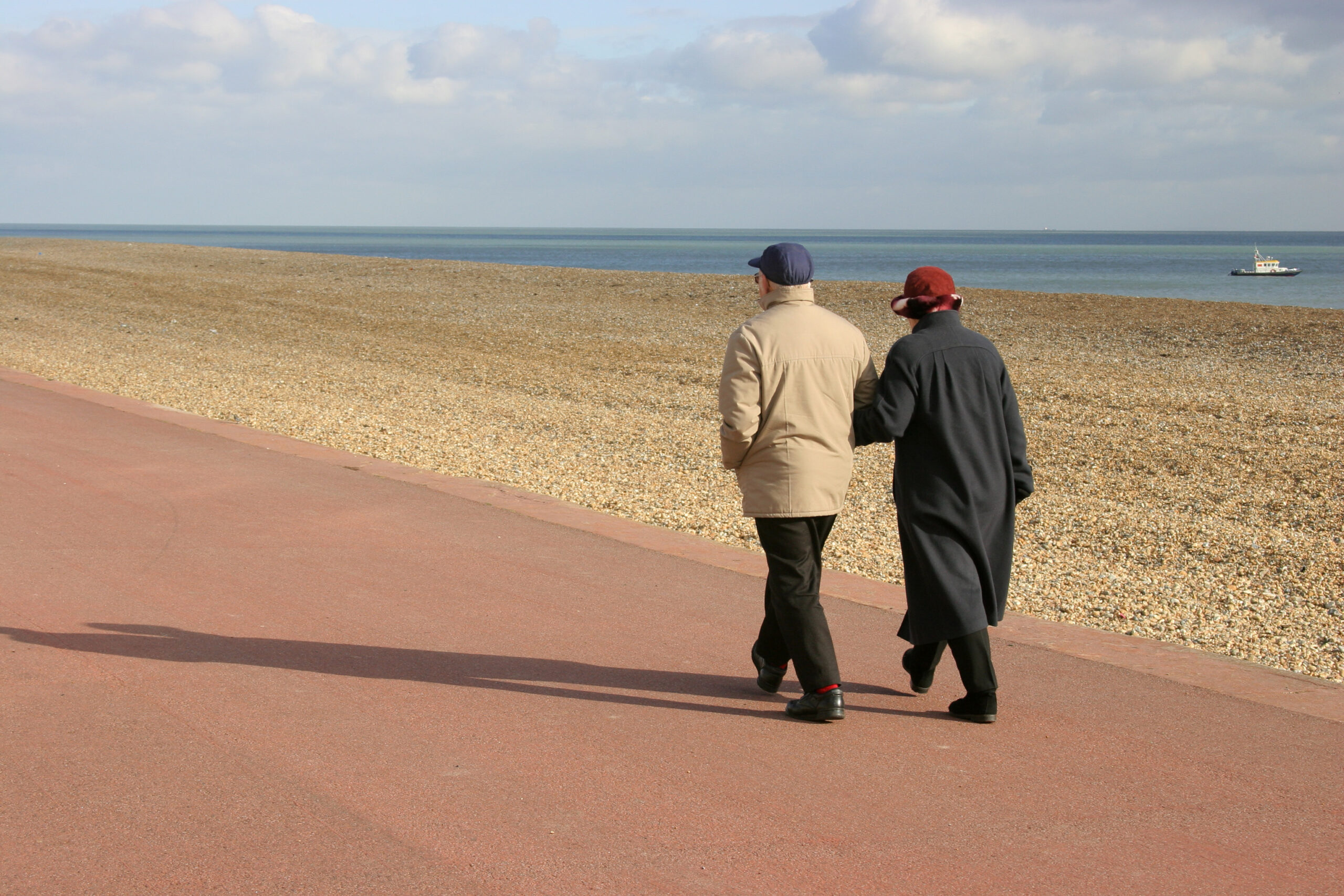Before the heat of the day keeps you indoors or cooling off in the shade of a tree, summer mornings are the perfect time to get your steps in; and you may want to pick up the pace after you ready about a new study.
According to a recent CBS News report, a new study out of the University of Leicester in England has found that brisk walkers have significantly greater longevity than strollers who stay in the slow lane. In fact, researchers found by studying nearly 500,000 people that fast walkers lived an average of 20 years longer than slow walkers.
It stands to reason that brisk walkers have better fitness but regardless of body mass, walking speed was a better predictor of mortality than weight or height. Underweight people with a slow walking pace had the lowest life expectancy; an average of 64.8 for men and 72.4 for women. This is the first study that has associated a fast walking pace with a longer life expectancy regardless of body weight.
Using data from the UK Biobank, researchers also discovered that middle-aged adults who said they were slow walkers were at a greater risk for heart-related disease and were twice as likely to have a heart-related death as fast walkers, even when taking into consideration other risk factors such as smoking or obesity.
The takeaway? Eating a healthy diet, stopping smoking and maintaining a healthy weight are all important components of health and longevity but getting regular, and brisk, physical activity may be the key factor in living a long and vibrant life. When beginning any new exercise program it’s important to talk with your doctor first and start off slowly, gradually increasing duration and intensity.
Learn more about how to start to a high-intensity interval walking program to protect your heart and stay active longer by following this link to a recent AARP Healthy Living Bulletin.






Add Your Voice
0 Comments
Join the Discussion